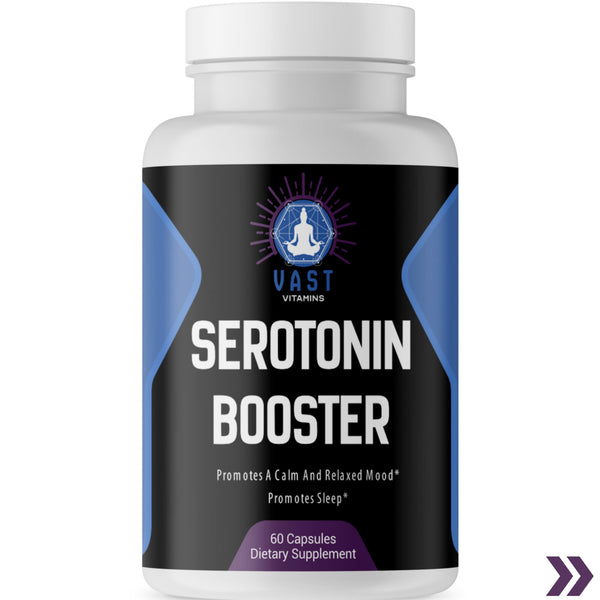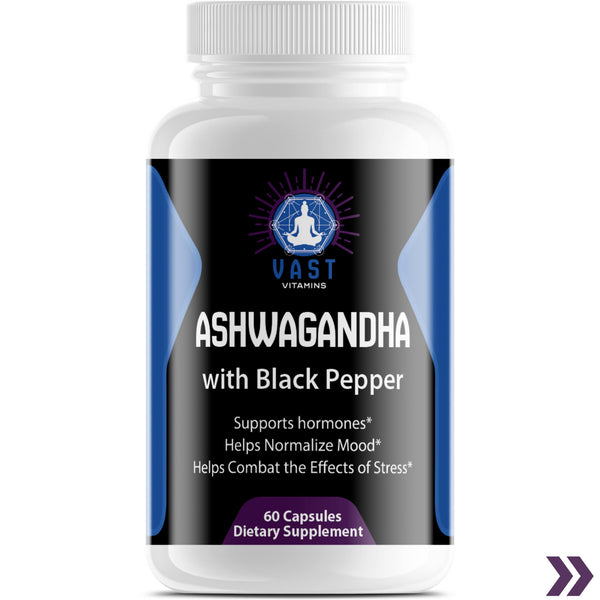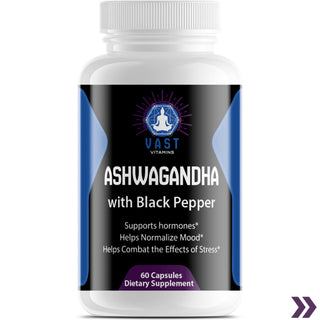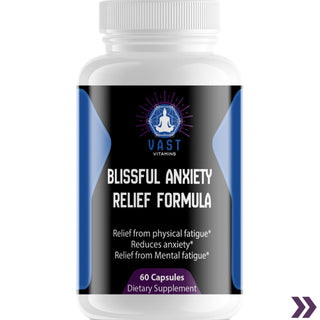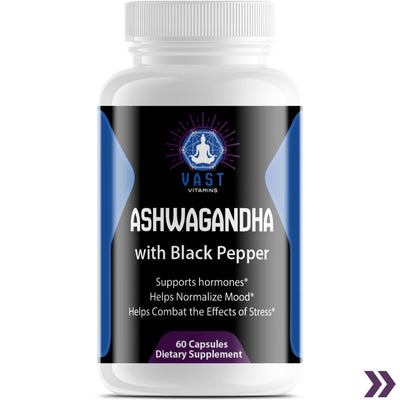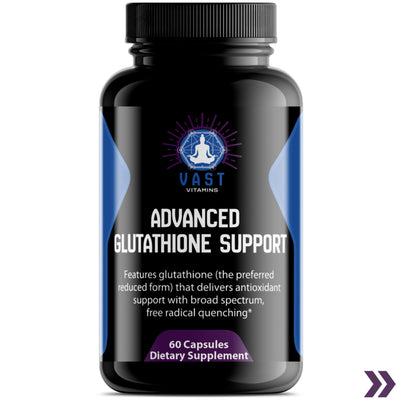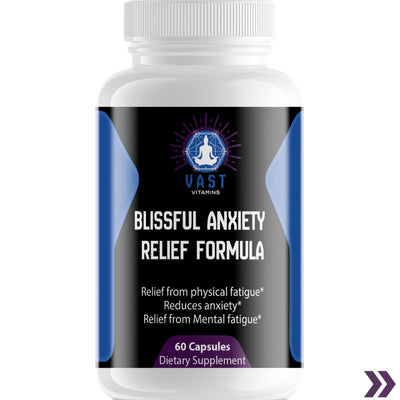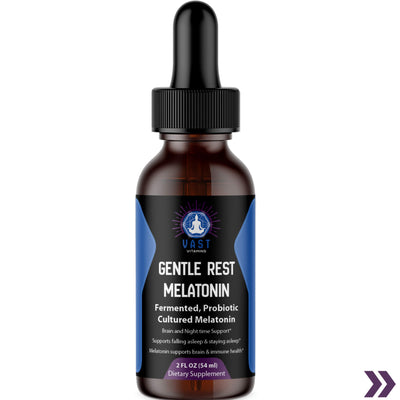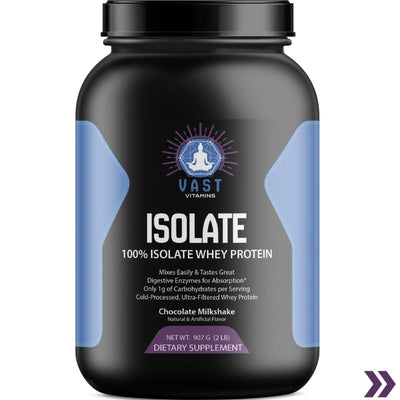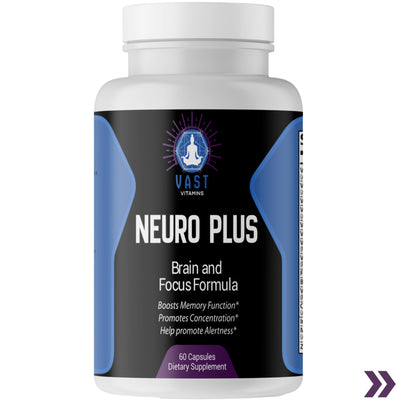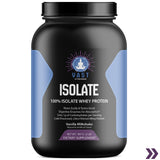Ashwagandha for Sleep and Relaxation: Unveiling Its Benefits
Ashwagandha, an Ayurvedic herb renowned for promoting sleep and relaxation, has piqued the interest of many seeking natural solutions. In this blog post, we delve into the traditional use, scientific background, and clinical studies supporting the efficacy of ashwagandha. Discover the mechanisms through which it enhances sleep and relaxation, recommended dosages, and important precautions to consider. Uncover the potential of ashwagandha to unlock restful nights and tranquility.
Traditional Use of Ashwagandha.
Ashwagandha boasts a rich history deeply rooted in traditional medicine practices. Originating from India, it has been utilized for millennia in Ayurvedic healing to address various health concerns. Recognized as a potent adaptogen, ashwagandha aids in balancing the body and mind. Its traditional use revolves around its potential to enhance
- vitality
- strengthen the immune system
- and promote longevity
Moreover, it is esteemed for its ability to combat stress, anxiety, and fatigue. Incorporating this ancient herb into your routine can elevate overall well-being and foster inner harmony.
Scientific Background of Ashwagandha.
The scientific research surrounding ashwagandha validates its traditional use, shedding light on its potential benefits. Studies have unveiled several bioactive compounds present in ashwagandha, withanolides being the most extensively studied. These compounds exhibit adaptogenic properties, contributing to ashwagandha's therapeutic effects. Ashwagandha interacts with various pathways in the body, including the
- central nervous system
- endocrine system
- and immune system
Such interactions offer insights into how ashwagandha positively influences sleep patterns and induces a calm and restful state of mind.

Ashwagandha's Role in Sleep Regulation.
Ashwagandha plays a pivotal role in regulating sleep and improving its quality. By promoting relaxation and reducing stress levels, it combats the detrimental effects of chronic stress on sleep patterns. Notably, ashwagandha modulates cortisol, the primary stress hormone, restoring balance to the body's stress response. Additionally, ashwagandha interacts with GABA receptors, crucial for inducing relaxation and sleep. Its calming effect on the nervous system aids in faster sleep onset and deeper, rejuvenating sleep.
Alleviating Stress with Ashwagandha.
Stress reduction is a key benefit of ashwagandha, making it an invaluable ally in promoting relaxation and enhancing sleep. Chronic stress disrupts both mental well-being and sleep patterns. Ashwagandha, functioning as an adaptogen, helps the body adapt to stressors and restore equilibrium. It has been shown to lower cortisol levels, the hormone released in response to stress. By regulating cortisol, ashwagandha mitigates the negative effects of stress on sleep and cultivates a state of calmness and relaxation. Its anxiolytic properties further contribute to easing anxious thoughts and fostering tranquility.
Mechanisms of Action: Unveiling Ashwagandha's Secrets.
Understanding the underlying mechanisms through which ashwagandha exerts its effects on sleep and relaxation enhances our comprehension of its efficacy. Ashwagandha's interactions with the
- GABAergic system
- serotonin receptors
- and the hypothalamic-pituitary-adrenal (HPA) axis play a crucial role.
By enhancing GABA activity, ashwagandha facilitates inhibitory neurotransmission, resulting in a calming effect on the central nervous system. This, in turn, reduces anxiety, induces relaxation, and aids in sleep initiation. Ashwagandha's modulation of serotonin receptors influences mood regulation and sleep-wake cycles, potentially improving sleep quality. Additionally, ashwagandha's interactions with the HPA axis regulate cortisol levels, alleviating stress and its impact on sleep patterns.
Clinical Studies: Validating Ashwagandha's Benefits.
Numerous clinical studies have examined ashwagandha's effects on sleep quality and relaxation, providing promising evidence. In a randomized, double-blind, placebo-controlled study involving individuals with insomnia, ashwagandha supplementation significantly improved sleep quality and reduced sleep onset latency compared to the placebo group. Another study showcased ashwagandha's ability to reduce anxiety and stress levels, resulting in enhanced sleep quality among individuals with anxiety and insomnia symptoms. Although further research is warranted to fully comprehend the mechanisms and optimal dosages, these studies suggest that ashwagandha holds promise as a natural remedy for promoting better sleep and relaxation. It is vital to acknowledge the limitations of these studies and emphasize the need for additional research to validate these findings.
Potential Side Effects and Precautions.
While ashwagandha is generally safe when consumed within recommended dosages, it is crucial to be aware of potential side effects and take precautions. Some individuals may experience mild gastrointestinal symptoms, such as nausea or stomach upset. Furthermore, ashwagandha may have sedative effects, necessitating caution when combining it with medications or substances that induce drowsiness. Prior consultation with a healthcare professional is essential, especially if you have
- underlying health conditions
- take medications
- are pregnant or breastfeeding
- or have allergies to plants in the nightshade family
Personalized advice will ensure the safe and appropriate usage of ashwagandha for sleep and relaxation.
Holistic Approach: Integrating Ashwagandha into a Healthy Lifestyle.
While ashwagandha offers significant benefits for sleep and relaxation, optimizing overall well-being necessitates addressing other lifestyle factors. Alongside ashwagandha supplementation, adhering to a consistent sleep schedule is vital. Establishing a regular bedtime routine and cultivating a sleep-friendly environment by maintaining
- cool
- dark
- and quiet surroundings
further augment ashwagandha's efficacy. Incorporating relaxation techniques like
- meditation
- deep breathing exercises
- or gentle yoga
alongside ashwagandha synergistically promotes relaxation and enhances sleep quality. Emphasize the significance of a balanced lifestyle, encompassing regular exercise, a healthy diet, and stress management techniques such as mindfulness practices or engaging in enjoyable hobbies. Adopting a holistic approach unlocks the full potential of ashwagandha and contributes to overall well-being.
Conclusion: Harnessing Ashwagandha for Restful Sleep and Tranquility.
In conclusion, ashwagandha holds immense potential as a natural remedy for promoting sleep and relaxation. Its historical use, coupled with scientific research, substantiates its efficacy. By interacting with
- neurotransmitters
- regulating cortisol levels
- and modulating stress responses
ashwagandha offers a holistic approach to improving sleep and supporting overall well-being. However, individual responses may vary, necessitating consultation with a healthcare professional before incorporating ashwagandha into one's routine, particularly for those with underlying health conditions or taking medications. By embracing a comprehensive approach that encompasses healthy lifestyle practices, such as maintaining a consistent sleep schedule and practicing relaxation techniques, the benefits of ashwagandha can be maximized, paving the way for restful nights and a profound sense of calm and rejuvenation. Experience the potential of ashwagandha and unlock a peaceful slumber.
FAQ For Ashwagandha For Sleep And Relaxation.
Q1: Is ashwagandha safe to use for sleep and relaxation?
A: Ashwagandha is generally considered safe for most people when taken within recommended dosages. However, it's important to consult with a healthcare professional before starting ashwagandha, especially if you have underlying health conditions, take medications, are pregnant or breastfeeding, or have allergies to plants in the nightshade family.
Q2: How long does it take for ashwagandha to work for sleep and relaxation?
A: The time it takes for ashwagandha to work may vary among individuals. While some people may experience noticeable effects within a few weeks, others may require more time. Consistency and patience are key, as it may take time for the herb to build up in your system and produce desired results.
Q3: Can ashwagandha help with insomnia?
A: Ashwagandha shows potential in reducing insomnia symptoms and improving sleep quality. Studies have demonstrated its ability to promote relaxation, reduce stress, and regulate sleep-wake cycles. However, it's important to note that individual responses may vary, and it's advisable to consult with a healthcare professional for personalized guidance.
Q4: How should I take ashwagandha for sleep and relaxation?
A: The appropriate dosage of ashwagandha can vary depending on factors such as age, health condition, and other medications being taken. It's best to follow the instructions on the product label or consult with a healthcare professional to determine the right dosage for you. Ashwagandha is commonly available in capsule or powder form, and it can be taken with or without food.
Q5: Are there any side effects of ashwagandha?
A: Ashwagandha is generally well-tolerated, but some individuals may experience mild gastrointestinal symptoms, such as nausea or stomach upset. It may also have a sedative effect, so caution is advised when combining it with medications or substances that cause drowsiness. If you experience any adverse effects, discontinue use and consult with a healthcare professional.
Q6: Can ashwagandha be used with other sleep aids or medications?
A: It's important to consult with a healthcare professional before combining ashwagandha with other sleep aids or medications. Ashwagandha may have additive effects, particularly with substances that induce drowsiness. Your healthcare professional can provide guidance on potential interactions and help ensure safe and effective usage.
Q7: Can ashwagandha be used long-term?
A: Ashwagandha is generally considered safe for long-term use when taken within recommended dosages. However, if you plan to use it for an extended period, it's advisable to consult with a healthcare professional to monitor its effects and assess its continued suitability for your specific needs.























